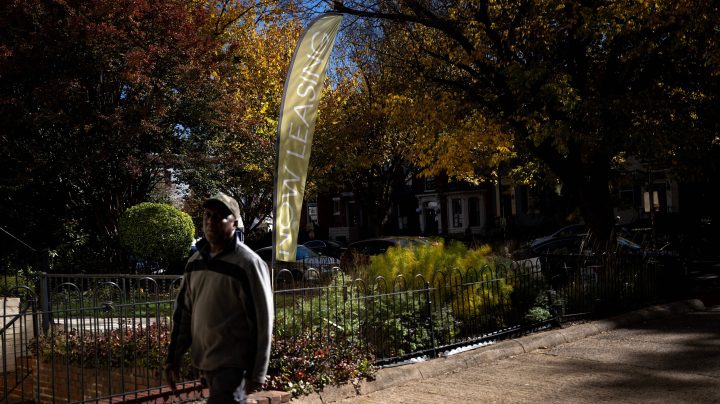
Rent hikes are finally easing — except for renters who can afford it the least
Rent hikes are finally easing — except for renters who can afford it the least

There are signs that cost increases are easing for people looking to buy or rent homes. The median existing home price was down 0.2% in February, according to data released Tuesday by the National Association of Realtors. That’s the first monthly year-over-year decline since February 2012.
Meanwhile, the CoreLogic Single-Family Rent Index shows that rent price growth declined in January for the ninth month in a row. But for one tier of renters, price increases are more stubborn: lower-price renters.
Demand has long outpaced supply in Florida’s housing market, especially for renters in the lower tier. But recently the situation has worsened, said Ashon Nesbitt, CEO of the Florida Housing Coalition.
“The instability is reaching a much wider portion of the population,” he said.
Florida is the fastest-growing state, according to the Census Bureau. It’s partly thanks to people moving there during the pandemic, including high-earning tech workers, who put pressure on both the sales and rental markets.
But a lot of hourly workers are flocking to the region’s growing tourism and service industries, Nesbitt said. That’s made the affordability problem at the low end worse. “And that can be said of every market in Florida,” he added.
Price growth is slowing for renters overall — it’s at around 6%, about half what it was a year ago. Meanwhile, it’s stuck at 8.5% for lower-priced renters. That’s partly because there are more renters in that housing tier, according to CoreLogic economist Molly Boesel.
“And so you have a lot of renters demanding those and not a lot of inventory at that end of the market,” she said.
Everything from zoning laws to labor shortages has kept builders focused on more expensive homes.
Meanwhile, high-market renters — and even some in the middle tier — got a break in 2020. Those rents dropped and landlords offered incentives for new renters, noted Whitney Airgood-Obrycki of Harvard’s Joint Center for Housing Studies.
“In the meantime, the middle- and lower-quality apartments just continued a steady rise,” she said.
These renters are the only ones that didn’t get a break during the pandemic, Airgood-Obrycki added.
There’s a lot happening in the world. Through it all, Marketplace is here for you.
You rely on Marketplace to break down the world’s events and tell you how it affects you in a fact-based, approachable way. We rely on your financial support to keep making that possible.
Your donation today powers the independent journalism that you rely on. For just $5/month, you can help sustain Marketplace so we can keep reporting on the things that matter to you.











